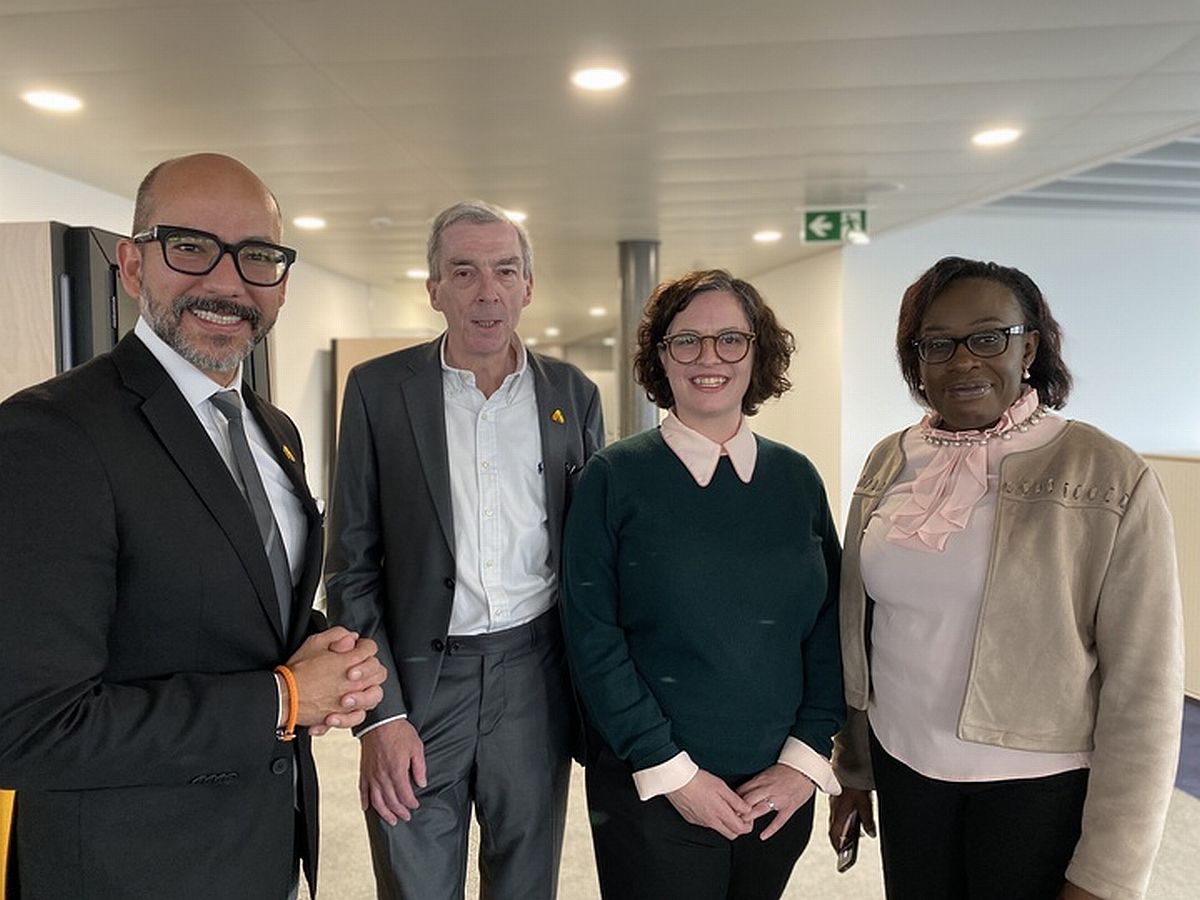GENEVA, Oct 21 – The Medicines Patent Pool (MPP) and Novartis AG yesterday announced a new voluntary licensing agreement that would allow for generic development, manufacturing, and distribution of nilotinib, a medication used to treat chronic myeloid leukaemia (CML).
Nilotinib is a twice-daily oral medication used to treat CML, a type of cancer that affects the white blood cells, and is part of the World Health Organization’s (WHO) Model List of Essential Medicines for treatment in adults and children of at least one year of age.
Through this agreement, selected generic manufacturers will have the opportunity to develop, manufacture and supply generic versions of nilotinib in the licensed territory, subject to local regulatory authorisation.
In particular, the licence includes seven middle-income countries, namely Egypt, Guatemala, Indonesia, Morocco, Pakistan, the Philippines and Tunisia, where patents on the product are pending or in force.
This is the first licence that MPP has signed for a cancer treatment, and the first time a company is licensing a patented cancer medicine through a public health-oriented voluntary licensing mechanism.
While there has been tremendous progress in new technologies to treat cancer, major challenges persist in many low- and middle-income countries (LMICs) that face inequity in access to new-generation cancer medicines which could allow patients to live better and longer. Advances in treatment, such as nilotinib, have contributed to a greatly improved prognosis for people diagnosed with CML.
MPP executive director Charles Gore said access to high-quality cancer medicines is a crucial component of the global health response to the cancer burden.
“Therefore, I am delighted to be signing our first licence agreement with Novartis for a much-needed cancer treatment in LMICs. Although the remaining patent life is relatively short, this voluntary licence in the non-communicable disease (NCD) space sets a vital precedent that I hope other companies will follow,” Gore said in a statement.
Novartis president of global health and sustainability Lutz Hegemann said the company is proud to be pioneering the new licensing model with MPP in collaboration with the Access to Oncology Medicines (ATOM) Coalition.
“But we know too that making a medicine available is only one part of the challenge to increase access to cancer treatments. For generic versions of this medicine to reach those who need it, wherever they live, the right diagnostics and quality of care will be critical.
“That’s why we’ve helped to build the new ATOM Coalition, and we will be relying on the support of our partners from research, nonprofits and the private sector to help deliver on the promise of this initiative,” Hegemann said.
Zeba Aziz, medical oncologist at Hameed Latif Hospital in Lahore, Pakistan, and a member of MPP’s Expert Advisory Group described nilotinib as a second-generation tyrosine kinase inhibitor that offers a great alternative to people who are resistant or intolerant to imatinib, the first-line treatment, that is at least 20 per cent of cases.
WHO Expert Committee on the Selection and Use of Essential Medicines secretary Benedikt Huttner said cancer medicines constitute a large proportion of medicines recommended by WHO on the Model Lists of Essential Medicines. Nilotinib is an essential cancer medicine for adults and children with imatinib-resistant CML.
“We welcome this licence agreement, the first for cancer medicines. We hope this marks the start of a paradigm shift with more pharmaceutical companies following suit with licence agreements for essential patented cancer medicines to help ensure that patients globally can benefit,” Huttner said.
In May 2022, Novartis and MPP joined the ATOM Coalition, a new global initiative led by the Union for International Cancer Control (UICC) and its partners to improve access to essential cancer medicines in LMICs, and to increase the capacity for diagnosing cancer and for the proper handling and supply monitoring of these medicines.
Through MPP, the coalition facilitates affordable access to cancer treatments through non-exclusive licences to generic manufacturers for selected products and countries.
Nilotinib was added to the WHO Essential Medicines List in 2017 and Essential Medicines List for Children in 2019 as second-line therapy for the treatment of CML that is resistant to imatinib.








